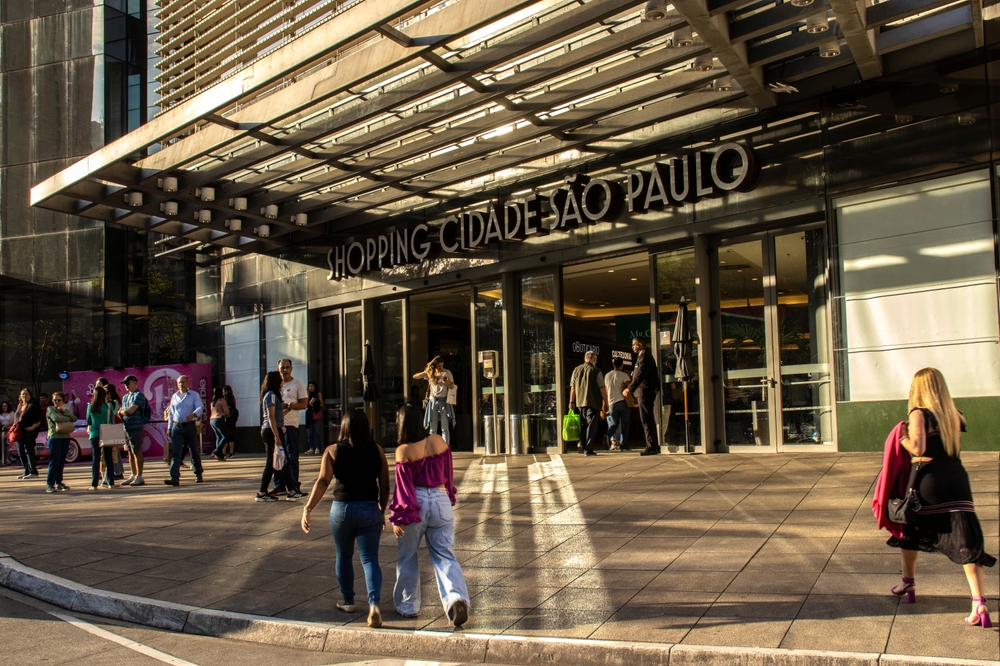Brazilian retail sales remained stable in March, posting yearly growth of 5.9 percent in Q1 2024, according to the Brazilian Institute of Geography and Statistics (IBGE). The last time the sector had a positive result for three consecutive months was in October 2022. In 12 months, retail sales rose by 2.5 percent. Market analysts, however, expect retailers to finish this earnings season by posting weak results.
This is due to the lasting effects of the post-pandemic macroeconomic conditions — which pushed retailers’ debt and default levels up in the last couple of years — and the continued low demand for durable and semi-durable goods, the big-ticket items that move the needle for Brazil’s traditional retail corporations.
Getting the sector back to consistent growth depends on monetary easing, controlled inflation, and a resilient job market. So far, these three factors have pointed in the right direction, prompting entities such as the National Confederation of Commerce (CNC) to review their revenue growth projections in 2024 for the sector upward, from 1.1 percent at the beginning of the year to 2.2 percent — above the 1.7 percent growth recorded in 2023.
As a credit-dependent sector, retail was hit hard by the effects of the strict interest rate policy of the Covid crisis.
First came sharp cuts to stimulate the economy and boost market liquidity in times of social isolation and uncertainty — Brazil led the way in this sense, cutting its benchmark interest rates by a cumulative 250 base points throughout 2020 to a historic low of 2 percent in September that year.
Then, in 2021, came rate hikes aimed at containing the post-pandemic inflationary effects. This process lasted much longer than expected. Nowhere in the world was quicker to embrace monetary tightening than...


 Search
Search










































